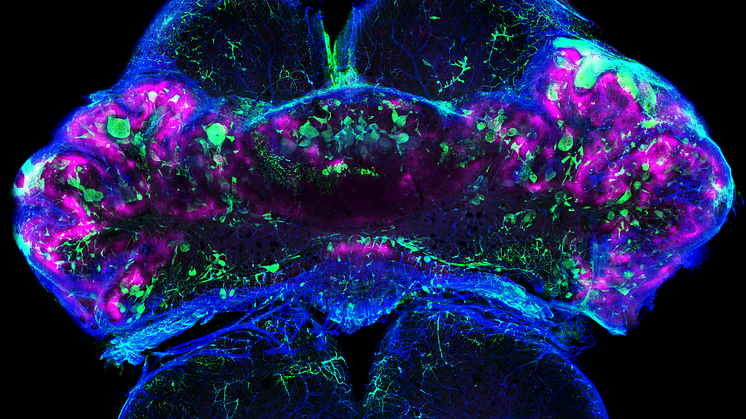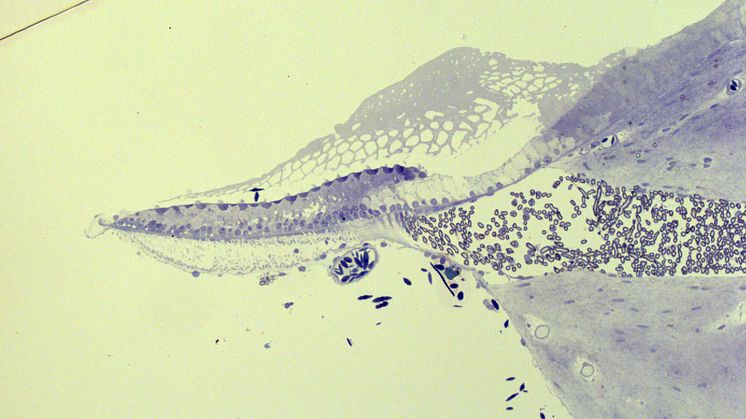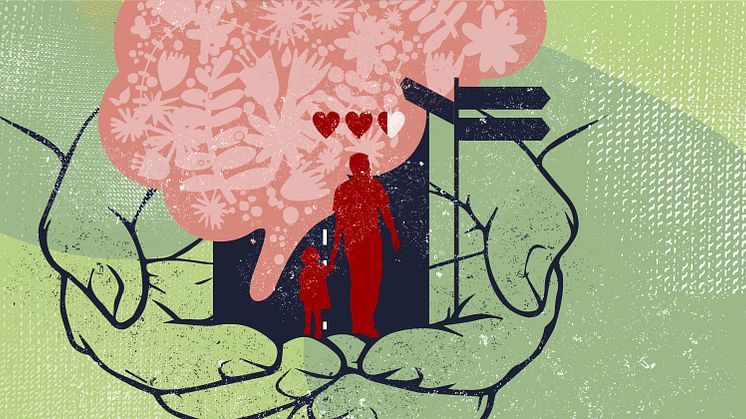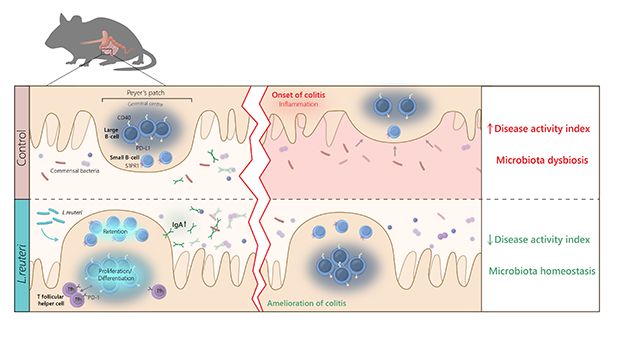Widespread metabolic dysregulation in different organs in type 2 diabetes
Using state of the art techniques, researchers from Uppsala University have shown that the metabolism in patients with type 2 diabetes and prediabetes was much more disturbed than previously known, and that it varied between organs and with the severity of the disease. The study, a collaboration with Copenhagen University and AstraZeneca, among others, has been published in Cell Reports Medicine.




